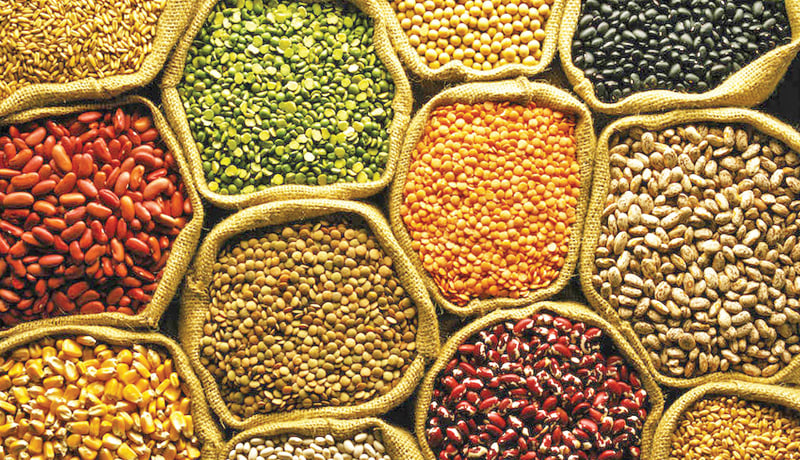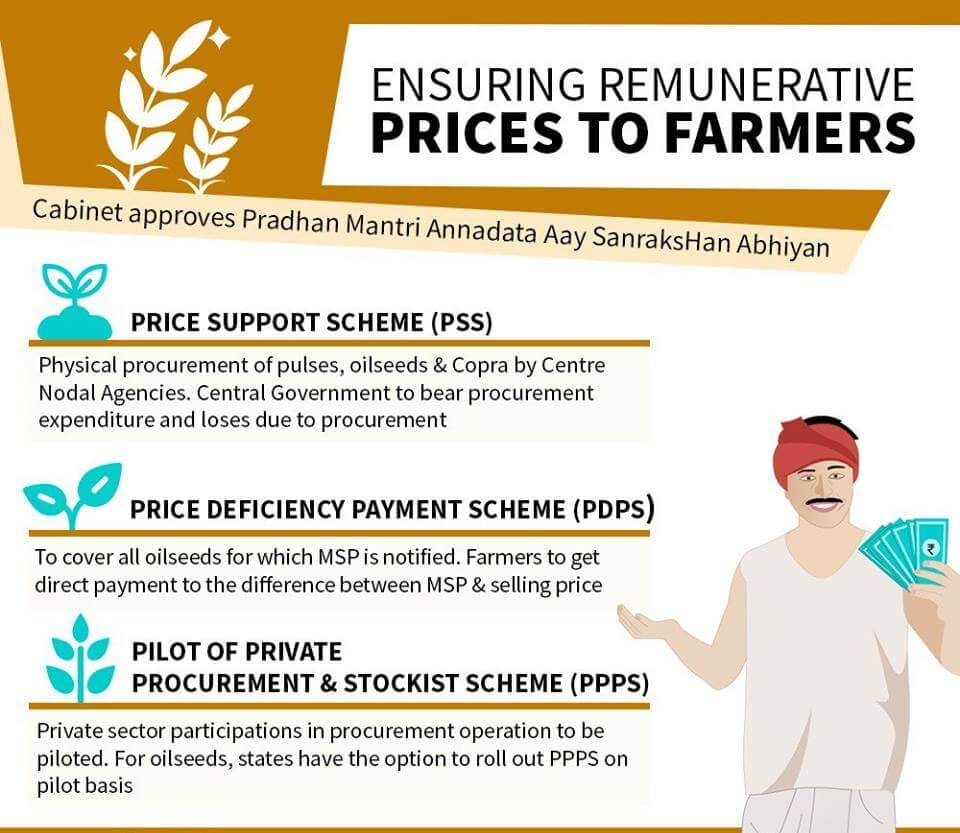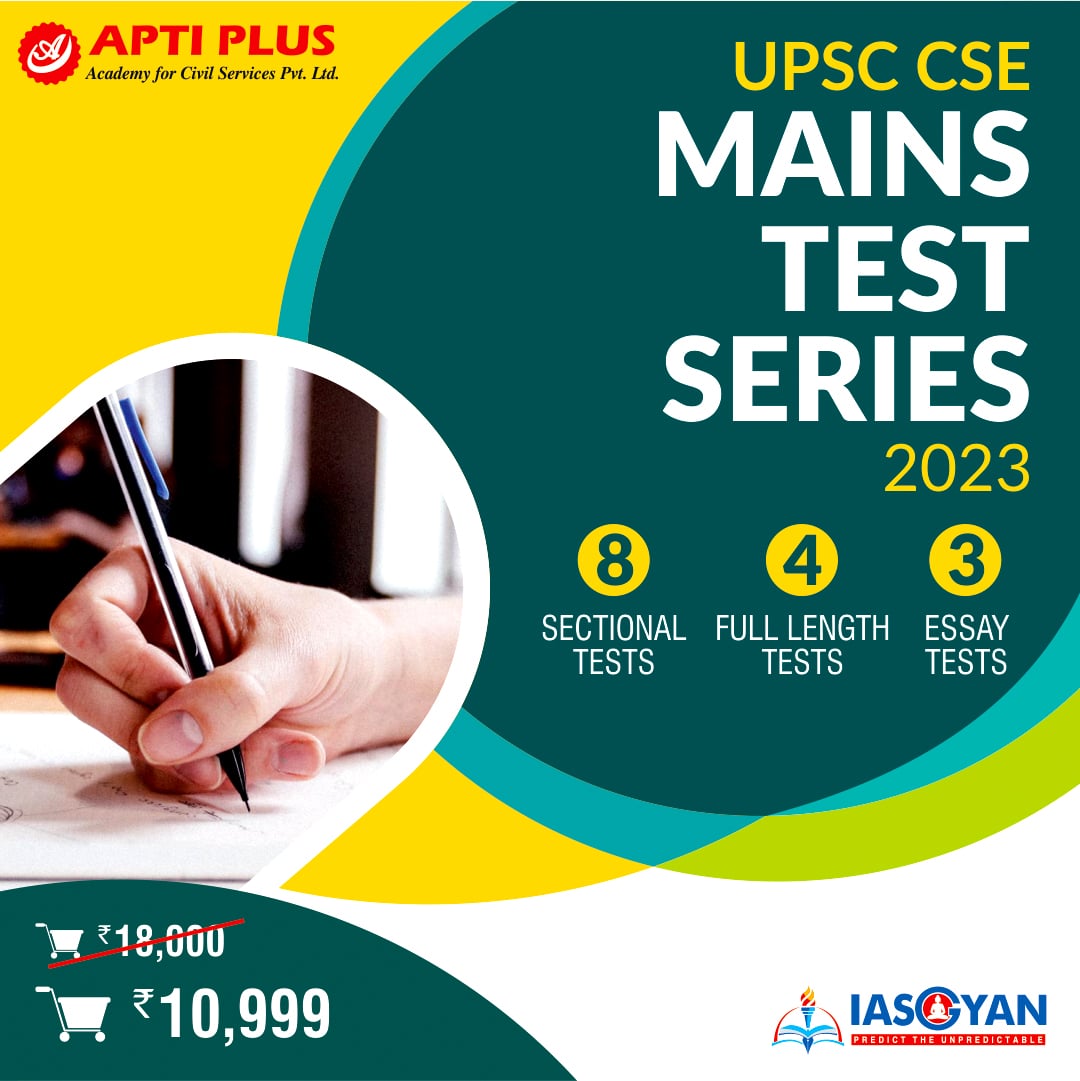
Copyright infringement not intended
Context: The government has announced a major policy change to boost the domestic production of pulses in India. Under the Price Support Scheme (PSS), the government will procure tur, urad and masur from farmers at the Minimum Support Price (MSP) without any limit for the year 2023-24. This means that farmers will be assured of getting a fair and remunerative price for their produce irrespective of market fluctuations.
Details
- This policy change comes after the government imposed stock limits on tur and urad on 2nd June 2023 under the Essential Commodities Act, 1955 to prevent hoarding and speculation and to improve affordability for consumers. The stock limits apply to wholesalers, retailers, big chain retailers, millers and importers, who have to declare their stock position on the portal of the Department of Consumer Affairs.
- The Department of Consumer Affairs has also directed the state governments to ensure strict enforcement of the stock limits and to monitor prices and stocks by verifying with various warehouse operators. The Central Warehousing Corporation (CWC) and State Warehousing Corporations (SWCs) have also been asked to provide details of tur and urad held in their warehouses.
Objectives
- The government hopes that this policy change will encourage farmers to increase the sowing area and production of tur, urad and masur in the upcoming Kharif and Rabi seasons. Pulses are an important source of protein and nutrition for the population, especially for the poor and vulnerable sections. The government is committed to achieving self-sufficiency in pulses production and reducing dependence on imports.

Price Support Scheme
- India is an agrarian country with more than half of its population dependent on agriculture and allied sectors. However, the farmers often face the problem of low and volatile prices for their produce, which affects their income and livelihood. To address this issue, the Government of India has introduced various schemes to provide remunerative and stable prices to farmers. One such scheme is the Price Support Scheme (PSS), which is being implemented by the Government of India in the state.
What is PSS?
- The Price Support Scheme (PSS) is one of the components of the Pradhan Mantri Annadata Aay Sanrakshan Abhiyan (PM-AASHA) scheme, which was launched in 2018 to ensure that farmers get a fair price for their crops.
- The PSS is implemented by the Department of Agriculture & Cooperation for the procurement of oil seeds, pulses and cotton, through NAFED which is the Central nodal agency, at the Minimum Support Price (MSP) declared by the government. The MSP is a pre-announced price at which the government guarantees to buy the crops from the farmers, irrespective of the market price.
- The main crops covered under PSS are Bajra, Jowar, Maize, Paddy, Cotton, Tur, Moong, Urad, Groundnut, Sesamum Wheat, Gram, Mustard Sugarcane etc.
- The PSS is operationalized when the market prices fall below the MSP and continue till the prices stabilize at or above the MSP. The procurement under PSS is done as per the specified Fair Average Quality (FAQ) standards and guidelines.

The PSS benefits the farmers in several ways
- It assures them of a profitable and stable price environment for their crops, which encourages them to adopt modern technology and inputs.
- It protects them from economic losses due to price fluctuations and distressed sales.
- It enhances their income and purchasing power, which boosts rural demand and economic growth.
- It reduces their dependence on middlemen and traders, who often exploit them by offering low prices.
- It ensures food security and self-reliance by increasing domestic production and the availability of essential commodities.
How can farmers avail of PSS?
- The farmers can avail of PSS by selling their produce at support price in APMC centres opened by the Nodal procurement agency.
- The farmers have to register themselves with the agency and provide details of their land holding, crop sown, expected production etc. They also have to produce relevant documents such as an Aadhaar card, bank account details, farmer registration card etc.
- The farmers are paid through direct benefit transfer (DBT) within a stipulated time after verification of their produce.
The Price Support Scheme (PSS) involves the procurement of notified crops by the government or its agencies at a predetermined minimum support price (MSP) whenever the market prices fall below the MSP. The PSS aims to achieve multiple objectives such as:
Providing a stable and profitable price environment for farmers
- The PSS assures the farmers of a remunerative price for their produce and protects them from the fluctuations and uncertainties of the market.
- It acts as an incentive for farmers to adopt improved technologies and practices and increase their productivity and income.
Encouraging higher investment and production in agriculture
- The PSS creates a demand for the notified crops and stimulates their supply by ensuring a guaranteed market and price.
- It enables the farmers to access credit and inputs at subsidized rates and facilitates the development of infrastructure and marketing facilities in rural areas.
Safeguarding consumer interest by ensuring an adequate supply of essential commodities
- The PSS ensures the availability of food grains and other essential commodities for the public distribution system (PDS) and other welfare schemes of the government.
- It helps in maintaining buffer stocks and stabilizing prices in the open market.
Balancing and integrating the price structure concerning the overall needs of the economy
- The PSS helps in aligning the prices of agricultural commodities with those of industrial goods and services and maintaining a balance between inflation and growth.
- It contributes to the foreign exchange earnings of the country by promoting exports of surplus commodities.
Promoting crop diversification and enhancing food security
- The PSS encourages the farmers to grow a variety of crops that are suitable for different agro-climatic conditions and have higher nutritional value.
- It supports the production of oilseeds, pulses, cotton, sugarcane, etc. which are essential for meeting the domestic demand and reducing dependence on imports.
The PSS has been instrumental in transforming India from a food deficit to a food-surplus country and ensuring food security for its population. However, there are also some challenges and limitations associated with the PSS such as:
Inadequate coverage and procurement
- The PSS covers only 23 crops out of more than 300 crops grown in India. Moreover, the procurement is concentrated in a few states such as Punjab, Haryana, Madhya Pradesh, etc. while many other states have low or negligible procurement. This leads to regional disparities and the exclusion of many farmers from the benefits of PSS.
Fiscal burden and inefficiency
- The PSS involves huge expenditures on procurement, storage, transportation, distribution, etc. which puts pressure on the fiscal resources of the government. Moreover, there are issues of leakages, wastages, corruption, etc. in the implementation of PSS which affect its efficiency and effectiveness.
Distortion of market signals and cropping pattern
- The PSS may distort the market signals and induce farmers to grow more MSP-supported crops irrespective of their suitability, demand, profitability, etc. This may result in overproduction or underproduction of certain crops and affect their quality and diversity.
- It discourages farmers from growing high-value crops such as fruits, vegetables, flowers, etc. that have a higher potential for income generation.
Environmental impact
- The PSS may have adverse environmental consequences such as depletion of groundwater, soil degradation, loss of biodiversity, emission of greenhouse gases, etc. due to excessive use of fertilizers, pesticides, irrigation, etc. for growing MSP-supported crops.
- It promotes monoculture and reduces crop rotation which may affect soil fertility and pest resistance.
There is a need to reform and rationalize the PSS to make it more inclusive, efficient, sustainable and responsive to the changing needs and challenges of Indian agriculture. To overcome challenges and improve the effectiveness of the PSS, some possible measures are:
Strengthening the procurement network and capacity building of agencies
- The procurement network should be expanded to cover more areas and farmers, especially in remote and hilly regions.
- The procurement agencies should be equipped with adequate storage, transportation and quality testing facilities.
- The procurement staff should be trained on procurement procedures, quality parameters and online procurement systems.
Ensuring timely payment and transparency in procurement operations
- The payment to the farmers should be made within a stipulated time frame through direct benefit transfer (DBT) to their bank accounts.
- The procurement operations should be transparent and accountable, with proper documentation and verification of farmers' details, quantity and quality of produce, MSP paid and payment status.
Rationalizing the MSP and aligning it with market signals and quality parameters
- The MSP should be determined based on the cost of production, demand and supply conditions, quality standards and international prices.
- The MSP should also reflect the differential quality of produce and incentivize farmers to adopt good agricultural practices.
Expanding the coverage and diversification of crops under PSS
- The PSS should cover more crops that are important for food security, nutrition security and income security of farmers.
- The PSS should also encourage crop diversification to reduce monocropping, enhance soil health and mitigate climate change impacts.
Promoting value addition and processing of procured crops
- The procured crops should be processed into value-added products such as flour, oil, sugar, ethanol etc. This would increase the shelf life and marketability of the product, create employment opportunities and generate higher income for farmers.
Enhancing coordination and cooperation among central, state and private stakeholders
- The PSS should involve effective coordination and cooperation among various stakeholders such as central government agencies, state governments, procurement agencies, farmers' organizations, private traders, processors etc. This would ensure smooth implementation of the PSS, avoid duplication of efforts, resolve disputes and grievances and foster trust and confidence among stakeholders.
Adopting sustainable agricultural practices and addressing environmental issues
- The PSS should promote sustainable agricultural practices such as organic farming, integrated pest management, water conservation etc. that reduce input costs, enhance productivity and quality of produce and conserve natural resources.
- The PSS should also address environmental issues such as crop residue burning, waterlogging, salinity etc. that affect crop production and cause pollution.

Conclusion
- The PSS is a vital tool for ensuring farmers' welfare and food security in India. However, it needs to be complemented by other reforms and initiatives such as improving market access and infrastructure, enhancing crop insurance and credit facilities, promoting agro-based industries and exports, creating awareness and capacity among farmers etc. to achieve holistic development of the agriculture sector.
Must Read Articles:
MSP: https://www.iasgyan.in/daily-current-affairs/msp-19
Essential Commodities Act, 1955: https://www.iasgyan.in/daily-current-affairs/essential-commodities-act-of-1955#:~:text=Under%20the%20EC%20Act%20of,and%20sale%20of%20that%20commodity.
|
PRACTICE QUESTION
Q. What is the Price Support Scheme (PSS) and what are its significance and challenges for Indian farmers? How can the government improve the implementation of the scheme and address the concerns of the stakeholders?
|
https://pib.gov.in/PressReleasePage.aspx?PRID=1930269












